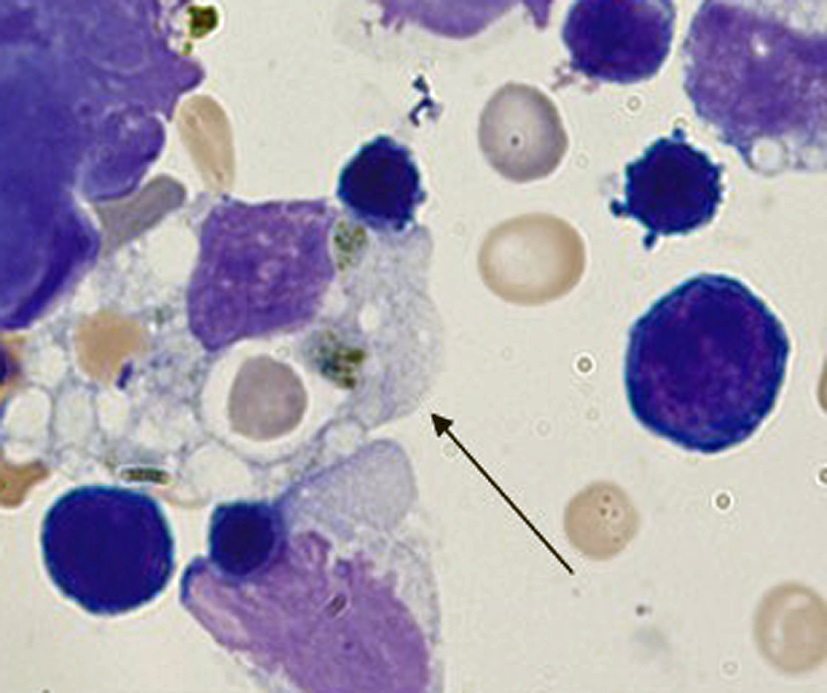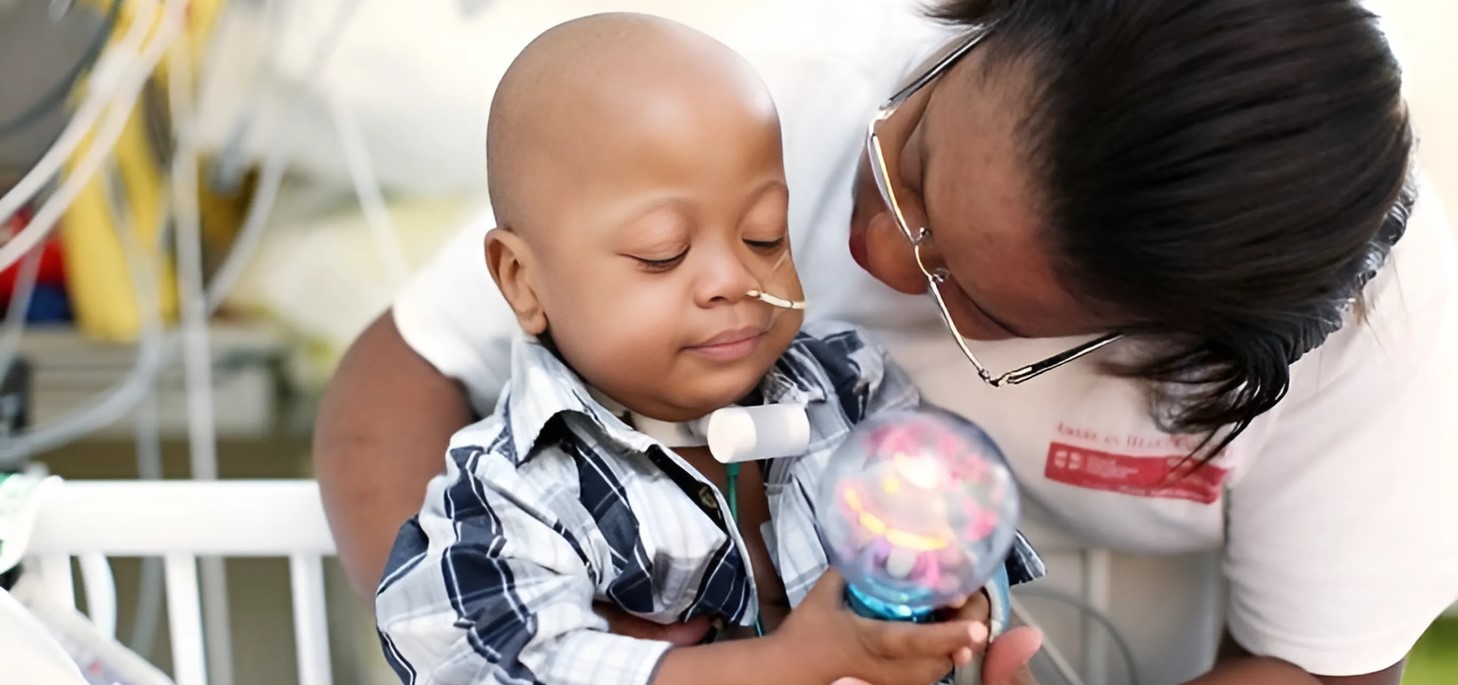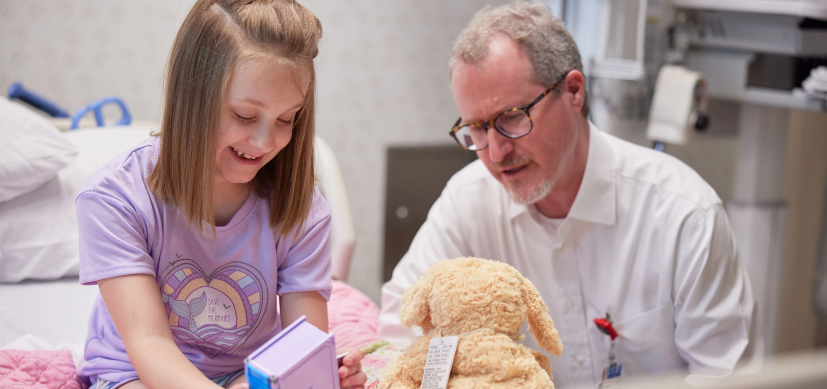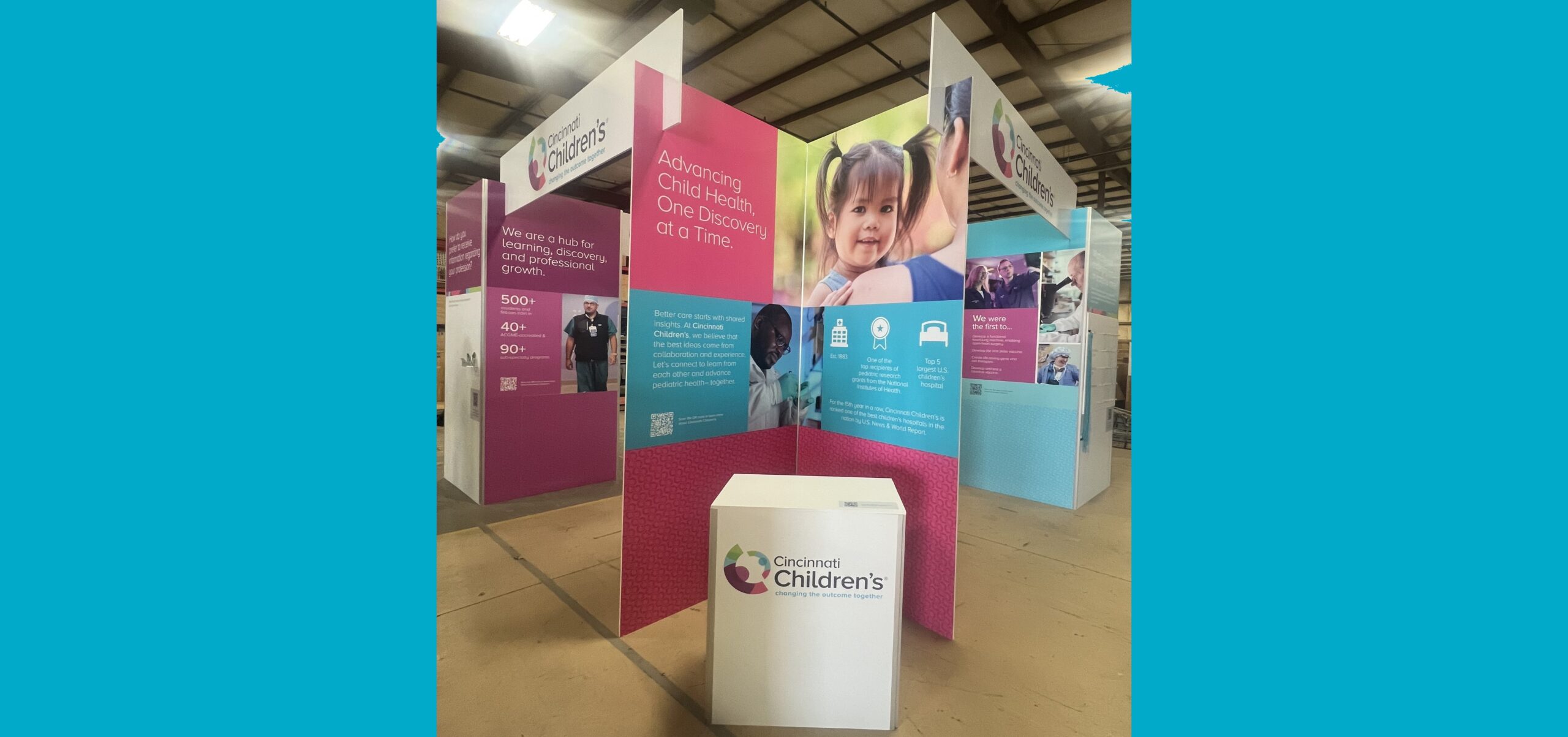How a Mouse Model from Cincinnati Children’s Supported a COVID-19 Clinical Trial in China
Post Date: May 28, 2020 | Publish Date:

A transgenic mouse developed at Cincinnati Children’s to model the deadly childhood immune disease HLH (hemophagocytic lymphohistiocytosis) may play a key role in saving lives during the COVID-19 virus pandemic.
Scientists in Wuhan, China, recently published data in the Journal of Allergy and Clinical Immunology from a Phase II clinical study showing that the drug ruxolitinib dramatically reversed “cytokine storm” symptoms in a small group of severely ill COVID-19 patients.

The use of that drug was inspired in significant part by Cincinnati Children’s cancer pathologist Gang Huang, PhD, who is listed as a co-author in the new study. He had noticed that the immune reactions reported among many COVID-19 patients closely resembled reactions seen in a subset of children with HLH.
Huang informed long-time colleagues in Wuhan that, in experiments conducted here, ruxolitinib helped tamp down the immune over-reaction in the HLH mice. From there, the scientists in Wuhan launched a human study that shows early promising results.







